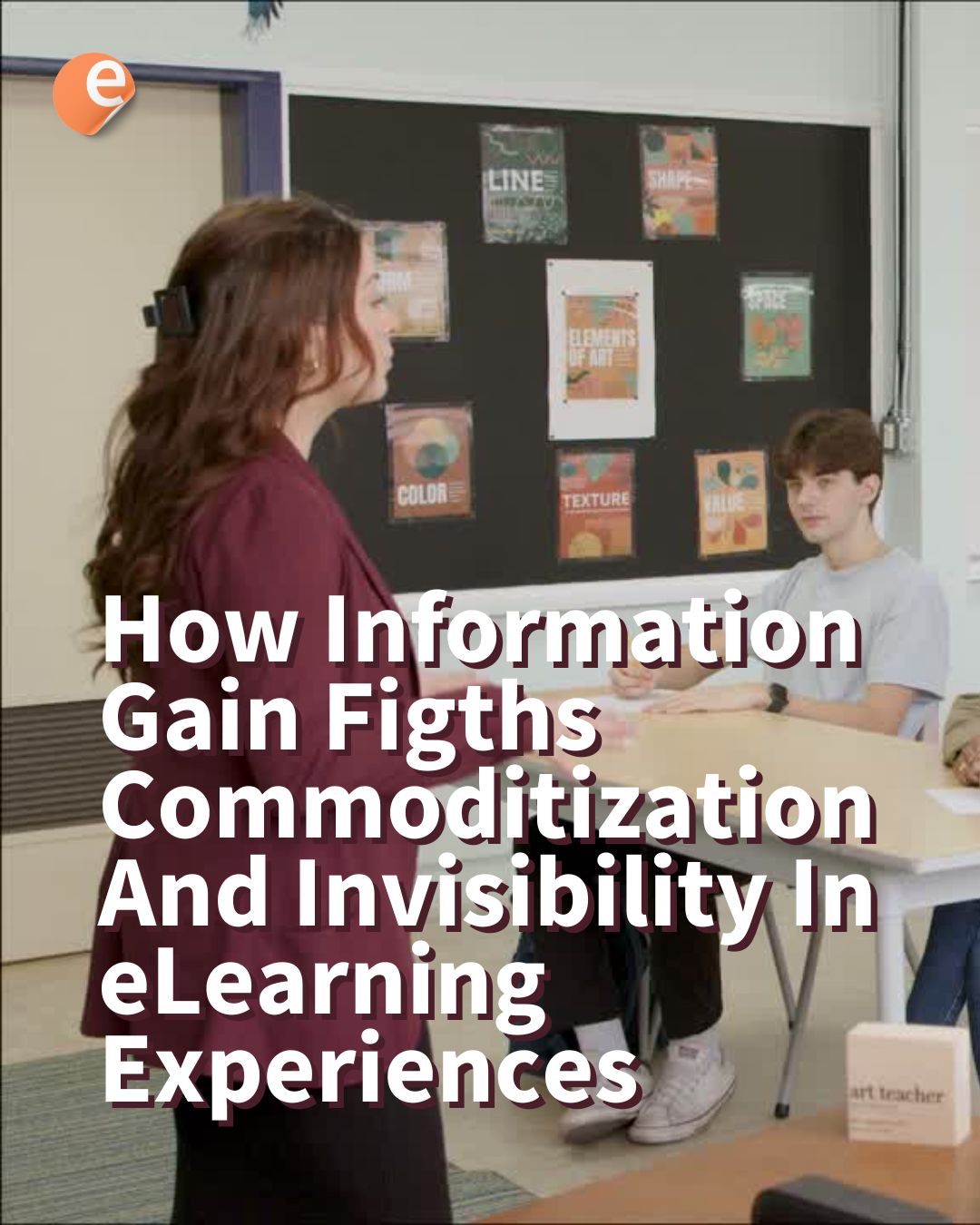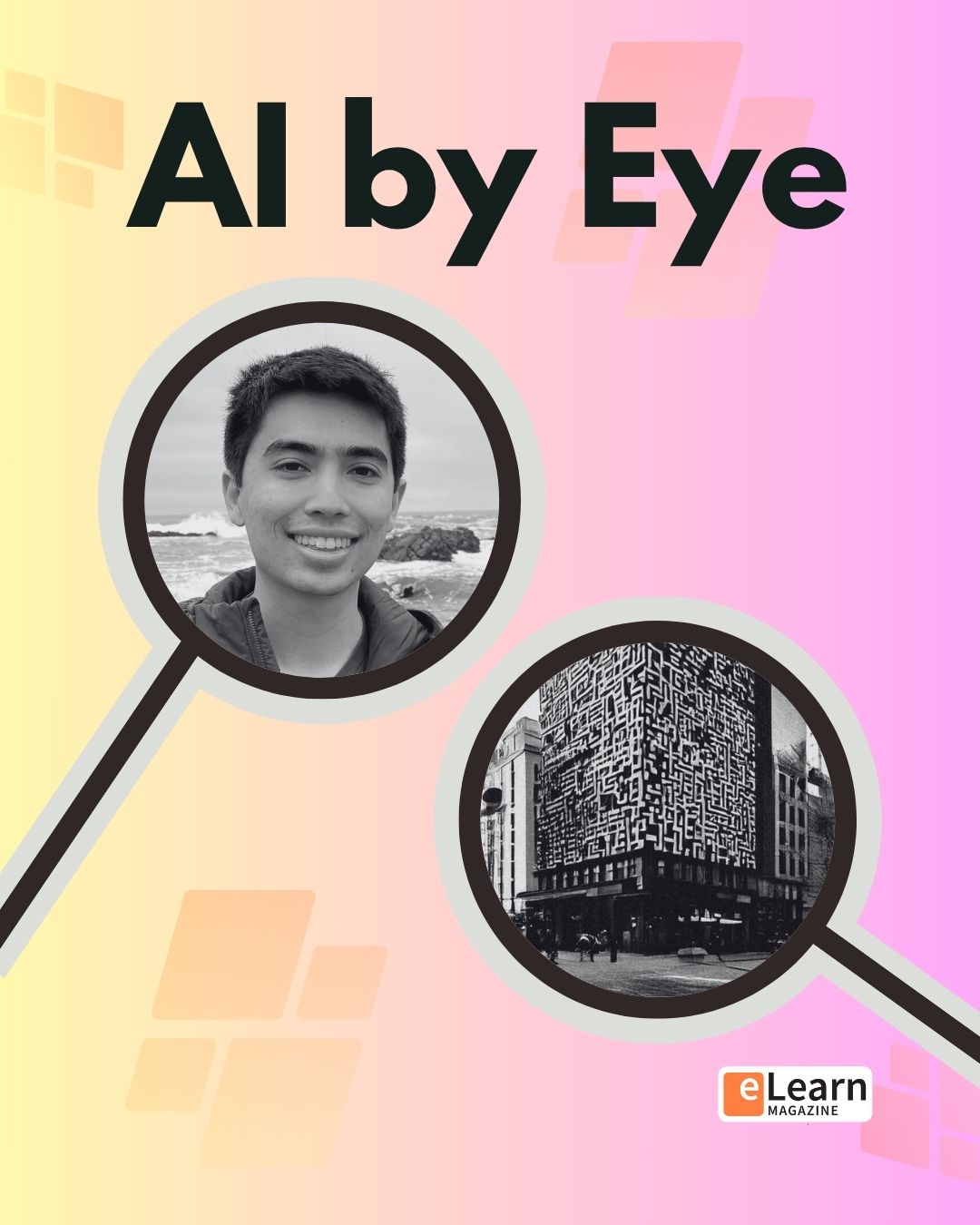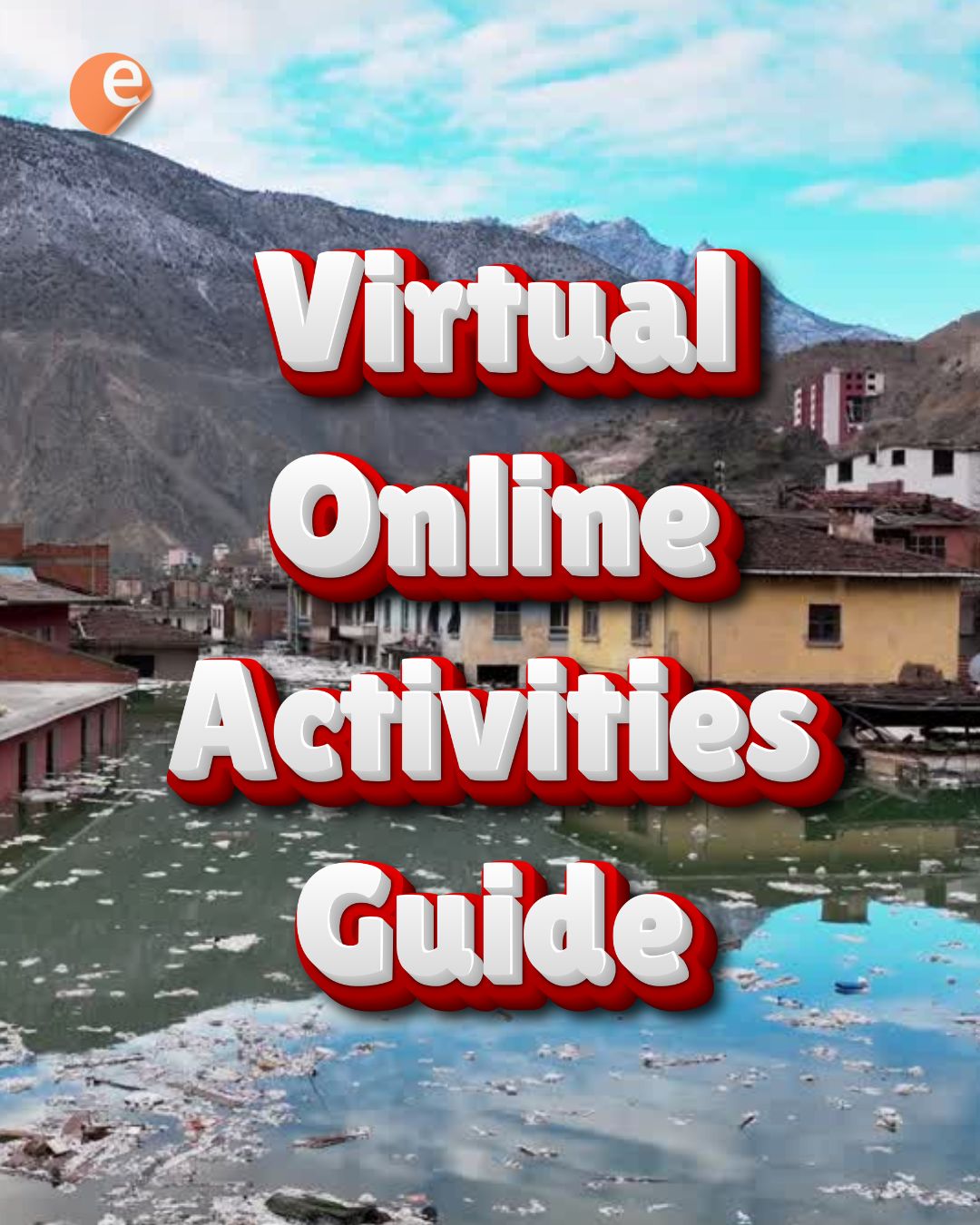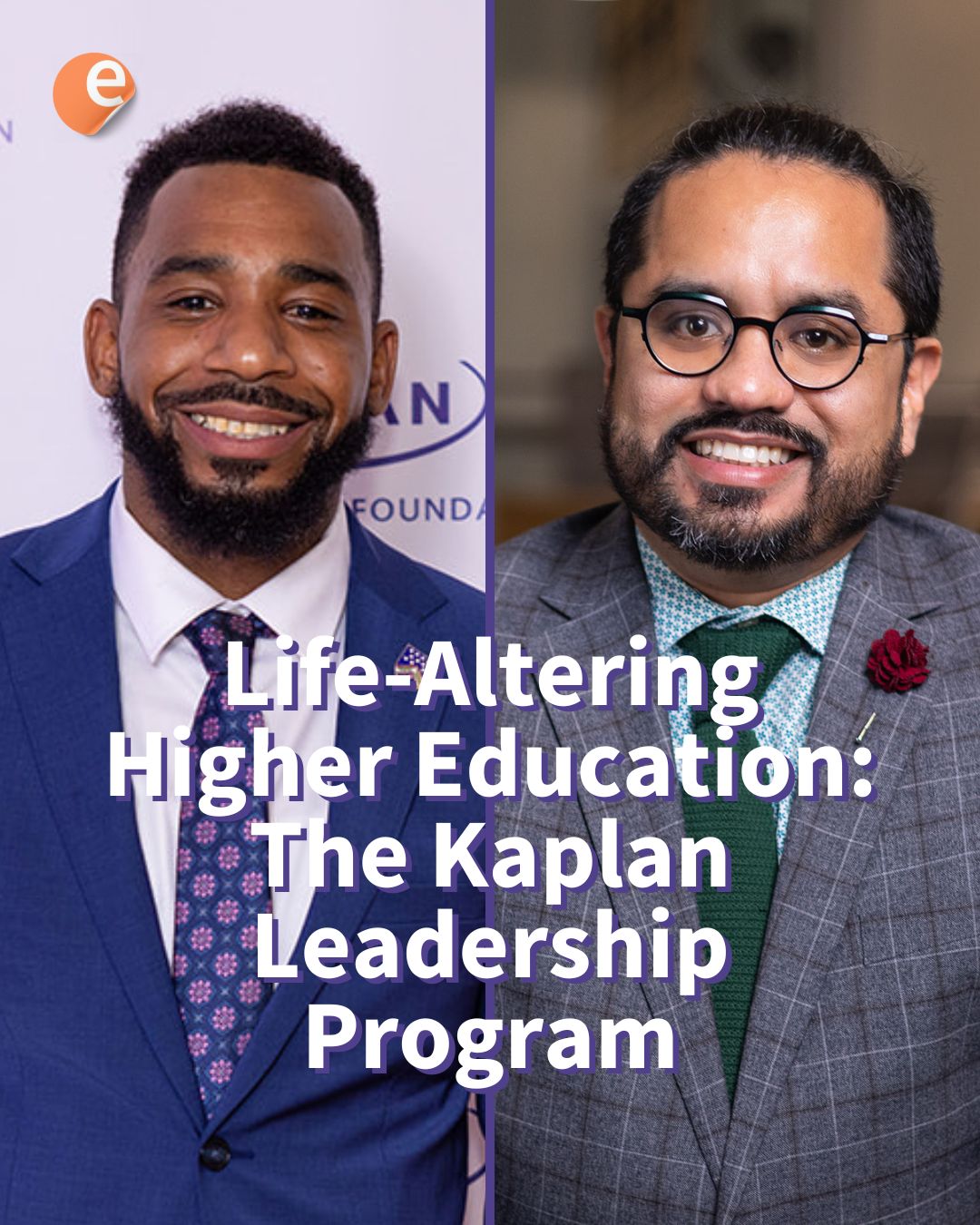Do you feel like it is becoming increasingly difficult to find quality information online? Or, to make sure people find you? You are not alone. Artificial Intelligence has upended the way we used to find and consume information. It’s more apt to see this as the latest in a series of events, rather than the work of a single meteorite crashing down on earth. Web search has been a system to game for years. Vast amounts of money and labor have gone to figure out what content the ranking algorithm favors, and to build algorithms that create it. Now, AI has “solved” SEO, but unlike chess, Go or Stratego, not many are willing to keep on playing the game of web search.
Will AI “solve” learning and education as well? For many it’s already a question of when, not if. To be fair, AI is decidedly taking over more parts of the educational process. As it makes its way into more places, however, its shortcomings become more clear and understandable. Trying to get a sense of what may be coming, what better way but to look at a place where generative AI has already set a new normal?
Top L&D Trends for 2025: Embracing AI, Skills-Based Hiring, and Immersive Tech — Open LMS Blog
Information Gain, from math to SEO, to learning?
The promising concept of “information gain,” born in a computational mathematics department, now increasingly adopted in the content marketing and SEO space, could help you realize the value that remains in your online lessons and experiences. It could then unleash new ideas about finding an audience. It is currently the basis for new content strategies that focus on what is missing over what is already out there, delivered at the right moment in the audience journey.
Information gain first appeared as a mathematical statistics concept. It deals with the way an information model, like a neural network —or the human brain— changes its behavior after feeding on new information. It all revolves around a key question: “What new have you learned?“
Information gain makes it possible to evaluate the information contained in a set of available resources. One resource would be better than other if it leads the model to perform better in a given task. This would be the gain. We could feed two different resources to two exact replicas of a model, and the better performing model would let us know which resource leads to the higher gain. Interestingly enough, this does not mean necessarily that if we fed each model with the missing resource we would be evening things out. So the previous set of experiences of the model matters.
At its core, information gain is about learning, novelty and a unique arc of experiences.
Alphabet fights back: The Google patent
Even thought googling is not what it used to be, it doesn’t mean the giant search company isn’t fighting back. If anything, its long trajectory in AI research may suggest they were anticipating these outcomes for many years now.
The filing titled “Contextual estimation of link information gain,” submitted by Google in 2018 and approved in June, 2022 (US11354342B2) applies an information score metric to the case of a user taking advantage of a tool that provides them with knowledge. The tool itself is not the novelty, it might easily be a search engine, an AI agent or even an online course. The ingenuity here lies in the tool’s ability to keep track of the resources the user had access to before, figure out what new information may be available in the resources the user has not accessed yet, and then prioritize new content to deliver.
This concept represents a new level in user personalization, in fact we might be talking about moving from human-computer interaction (HCI) into a new age of human-information interaction (HII). It implies a couple of changes from what we might be used to from a tool like a search engine, or an online learning experience for that matter:
- Previous context: The tool needs to know enough —but not more than it needs to— about the user’s previous experiences related to the topic or set of resources they’re working with
- Behavioral context and assessment: It may collect interaction-based metrics, such as how many times it has explored the concept, or the date of first lookup. For a learning-focused example, it could include some competency score of the resource, or an estimation of how useful it will be in the learner’s journey
- Novelty: It needs to figure out, or accurately estimate the user’s missing knowledge, including types of HII they have experienced
- Deduplication: It needs to be aware of knowledge that is redundant, with regards to the user’s past experiences as well as between resources in the repository
- Information score calculation: It needs to define a method to sort the resources to present the user, including factors like novelty and best performing format
- Snippets: Optionally, the list of results presented to the user should include a fragment of the new knowledge the resource can provide, that gives the user a hint of the new information available
Information gain is not a way to determine if a resource is good, but if it is relevant to the user at a given moment in time. It is unclear if Google will ever implement the patent in its search. It would be very interesting to see if users would prefer it, to how search currently works, and to whatever “AI search” experiences end up looking like. But for content creators, it does open up new strategic avenues, where both competition and unique perspectives coexist.
If, as an educator, you are looking to create and promote quality content, you can replace some of the effort of being as painstakingly accurate and robust as a large enterprise with virtually unlimited resources to rank higher on Google, by just ensuring an adequate quality standard on the “basics,” and then focusing on the features that would make your content uniquely and inimitably yours. Another implication is that sources no longer have to aim to become the one true source, but instead recognize they are part of a conversation between the user and a multitude of sources.
What you can do with an information score now—and what’s next
Information gain allows us to rethink information discovery as a personal journey. An information score then gives us a practical way to find content to deliver in a personalized way. In other words, the perfect next step for each of our learners. This number can tell us how critical a piece of content is for a learner. It doesn’t have to be the single criteria for recommendation. It could be part of the information the educator can work with.
Calculating an information score doesn’t have to be difficult either. For experienced, invested teachers, an educated guess can be just as good, if not better. In either case, a simple “knowledge gap” scoring process helps keeps things orderly. It becomes more valuable the more learners they need to consider.
In broad strokes, coming up with the information score could go as follows:
- Repository check. Start with a set of quality, relevant resources covering the competency journey. The more complete in both topics and formats, the better. It can include private and public resources, for example Open Educational Resources. Over time it could include metadata about its use and helpfulness to the learner
- User knowledge gap assessment. For each learner, determine the level of skill and experience. Keep track of what topics they’ve mastered, and which ones remain to be acquired
- Recommendations generation. Check the repository for items related to topics each student still needs to cover. Determine the ideal resource, activity or challenge they should tackle next. Base the recommendation on past experiences, both in general and from the user
- Evaluation. Present one or many resources to the student and determine a success criteria. Check how helpful it is for the student at the current moment.
Going forward, it is perhaps with the introduction of AI-agent tools in the LMS that we may be able to witness the real potential of information gain in education.
Are you working on AI tool for education and learning? We’d love to share your story. Get in touch with eLearn Magazine







